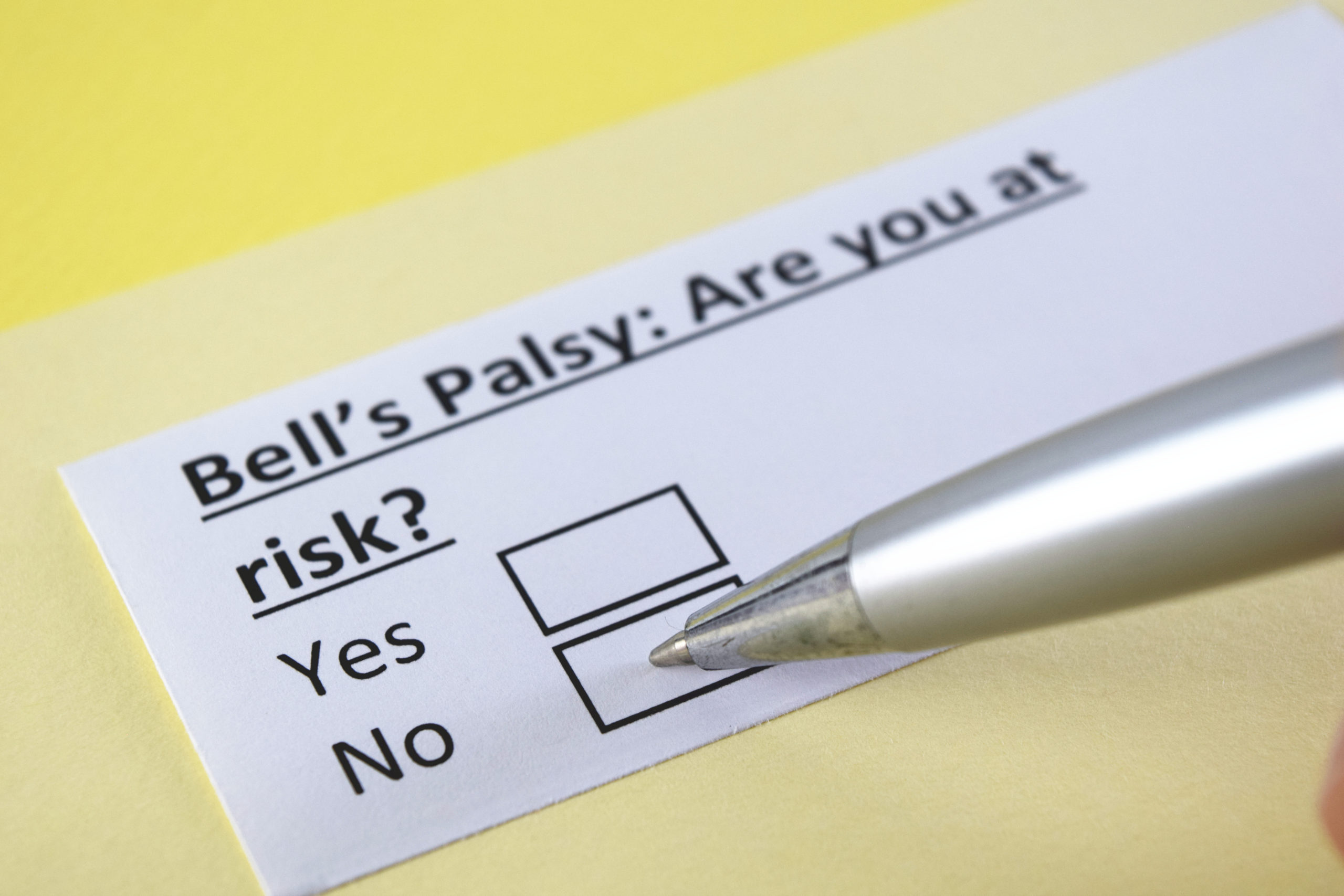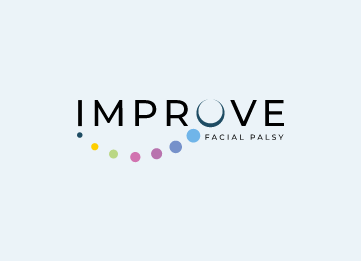If you suspect that you have Bell’s palsy, you should visit or call your GP, alternatively, you should go to your local Accident and Emergency department as soon as possible. It is important to get medical advice as early as possible and certainly within 72 hours of the onset of your first symptoms. Research has shown that the optimum period of time in which Bell’s palsy will successfully respond to treatment with oral steroids is 72 hours.
Try not to panic and remember that the majority of people diagnosed with Bell’s palsy will make a complete recovery within a few weeks. Your priority will be to seek medical advice promptly, as outlined above. If you are having problems blinking or closing your eye on the affected side of your face, eye care will be extremely important especially in the initial stages of Bell’s palsy. If you do have Bell’s palsy it is likely that your affected eye will not blink fully or close fully. Protecting your eye from damage is a priority. Your doctor and pharmacist will recommend you use eye lubrication in the form of ointment/drops/artificial tears.
Normally the eye is covered with a tear film which protects the surface of the eye, especially the cornea. The cornea is a clear surface that lies directly in front of the iris (the coloured part of the eye), and the pupil which allows light to enter the eye (the dark inner circle of the iris). The cornea absorbs nutrients and oxygen from the tear film so if it dries up then nutrients and oxygen will not be easily absorbed. In addition, if dry patches develop over the surface of the eye this can lead to ulceration. Ultimately ulcers, if left untreated, can cause permanent damage to our vision.
What can you do to keep your eye healthy?
● Use preservative free eye drops to keep your eye lubricated. There is a wide range of options so consult with your pharmacist. If your doctor is prescribing eye drops, ask him/her to make sure they are preservative free. This is because preservatives themselves, when used in eye drops for more than a few weeks, can break down the tear film.
● Make sure your eye is closed for sleeping. Close your eye manually with your finger and tape it closed with special tape which your doctor or pharmacist can prescribe. Alternatively, wearing an eye patch at night might help protect your eye to some extent. There are also special ointments that are prescribed specifically for the night-time. They can be quite thick which is why they are not suitable for daytime use.
● Wear sunglasses every time you go outside because it will be difficult to blink away dust and dirt. It will also be harder to squint against sunlight. Wearing sunglasses in all weathers will protect the eye from wind and other environmental factors, for example, fan heaters/demisters in cars.
● If you are concerned about your eye health contact your GP or go to your local eye hospital casualty. Redness, soreness, irritation, pain or discharge from your eye are all signs that something is wrong, and you will need medical help and advice to manage these symptoms.
Rest is critical, in order to maximise the body’s ability to heal itself. Eating a healthy balanced diet and maintaining a regular sleeping pattern are also important. However, it is necessary to let nature take its course; recovery time will depend on the degree of your facial nerve injury.
Naturally, most individuals want things to get better quickly and so try very hard to make their face move or try and exercise weak muscles. However, evidence shows that forceful facial exercises can encourage the development of abnormal movement patterns in the face, for example, forceful smiling causes the eye to close at the same time. The medical term for this is ‘synkinesis’. In order to minimise the development of synkinesis do not try to exercise your facial muscles when your face is weak. Movement will return as the nerve heals itself, in a similar way to how a broken bone heals without exercising it. Trying to make your face move will not speed up your recovery and could make things worse. Try relaxing your face often throughout the day, paying attention to the feeling of movement and relaxation of the uninjured side as this can help prepare your muscles for the return of movement.
Over exercising the face or using lots of force to make facial muscles move also results in facial expressions on the uninjured side of the face becoming more forceful and exaggerated. The uninjured side becomes dominant and overshadows the injured or affected side. This can impede the recovery of normal movement patterns on the affected side because the uninjured side has taken over and in doing so takes all the brain’s attention away from the weaker side. Massaging the face with your fingertips using slow gentle movements can help keep the muscles healthy until normal movement returns.
Don’t Panic
The important thing is not to panic even though discovering you have Bell’s palsy can be frightening. The majority of people recover within a few weeks. Your GP can discuss the physical impact of Bell’s palsy and may refer you to a specialist centre or clinician experienced in the management of Bell’s palsy, for example, a physiotherapist or a speech and language therapist. However, because Bell’s palsy is a rare condition, your GP may be unaware of all that can be done to help or that rehabilitation even exists especially for those with persistent symptoms. In this case, you may need to insist on a referral especially if your GP is dubious about potential treatments and therapies.
People living with Bell’s palsy can feel anxious and depressed and may become isolated because of how their face looks and feels. The charity, Facial Palsy UK, have a useful website with advice and support for people who are struggling to come to terms with what has happened to them. There are personal stories to read, advice and information, as well as local support groups to attend or Zoom meetings. Further information can be found on the charity website www.facialpalsy.org.uk
Written by Vanessa Venables



